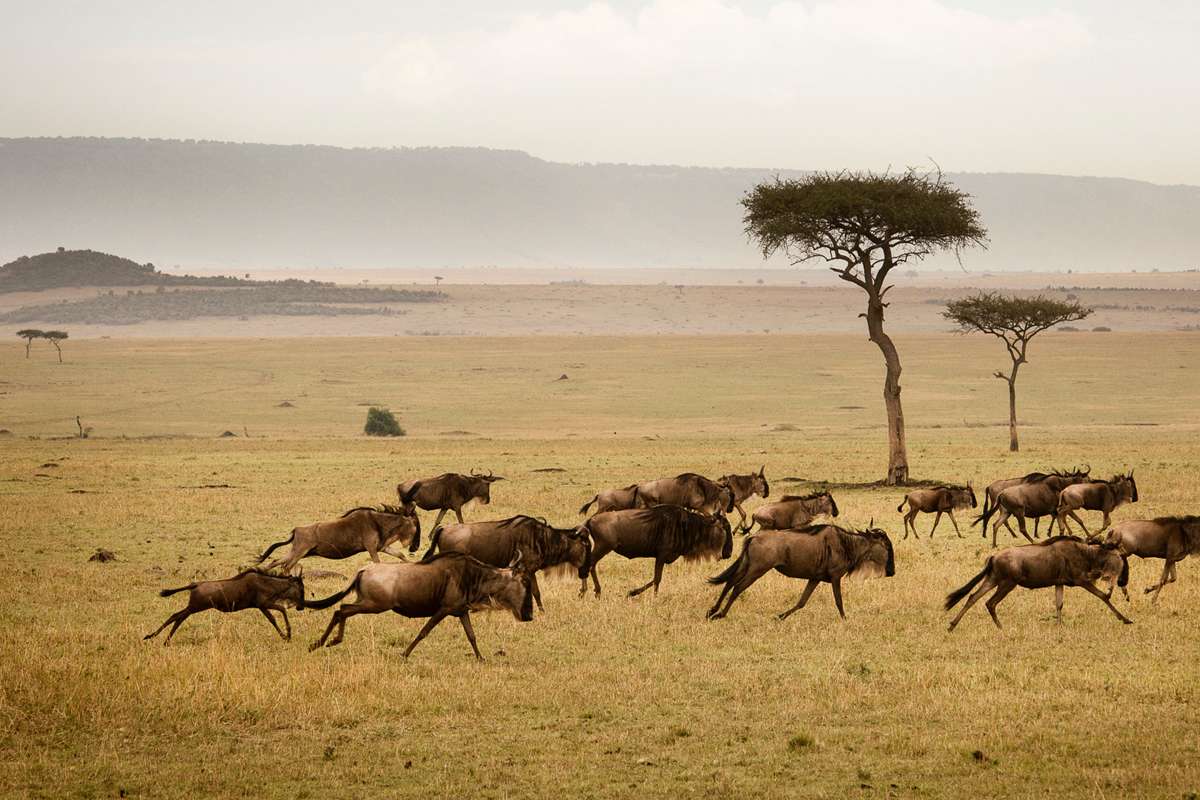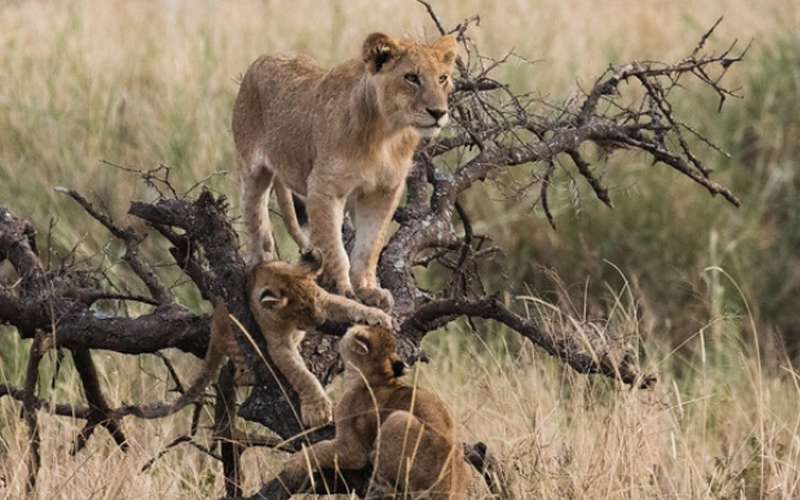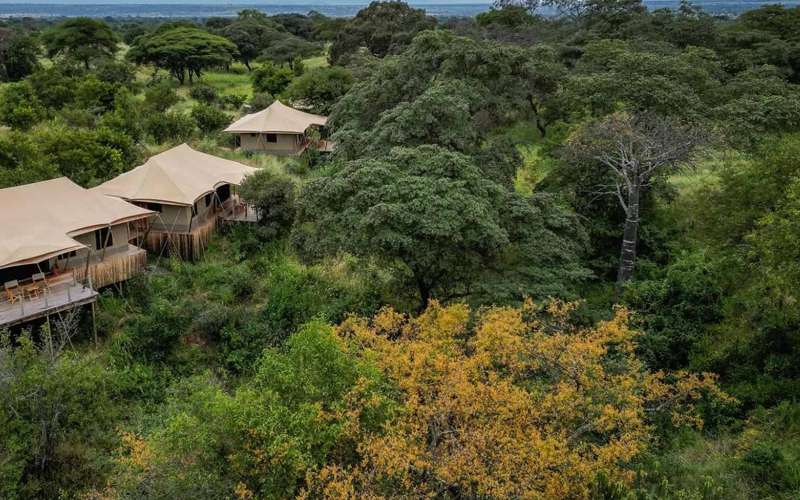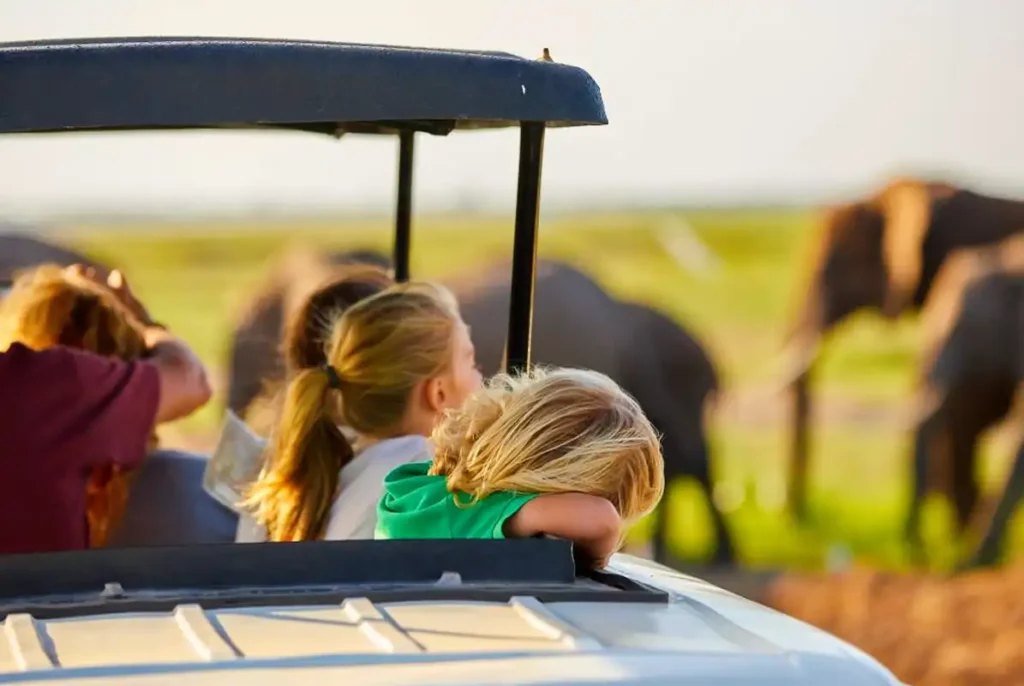Tanzania is a land of extraordinary biodiversity, home to some of the world’s most iconic wildlife. However, this natural heritage faces numerous threats—from habitat loss and human-wildlife conflict to the persistent issue of poaching. In response, conservationists are stepping up their game in 2024, embracing innovative approaches and involving local communities in the fight to protect Tanzania’s treasured ecosystems.
This article explores how wildlife conservation efforts in Tanzania are evolving in 2024, highlighting new strategies, groundbreaking technology, and the challenges ahead. Whether you’re a nature enthusiast or planning a trip to Tanzania, understanding these efforts can give you a deeper appreciation of the critical work being done to preserve one of the world’s most celebrated wildlife destinations.
Tanzania Wildlife Conservation Efforts 2024
The Role of Technology in Modern Conservation
One of the most transformative changes in Tanzania’s conservation strategies for 2024 is the integration of advanced technology. From drones and camera traps to AI-powered analytics, these tools are revolutionizing the way conservationists monitor wildlife and combat poaching.
- Drone Surveillance: Drones are increasingly being used to monitor vast and hard-to-reach areas, providing real-time data on animal movements and alerting rangers to potential poaching activities. With high-resolution cameras and night-vision capabilities, drones can cover large distances quickly, allowing rangers to respond faster to incidents.
- Camera Traps and AI: Camera traps equipped with artificial intelligence are now deployed in remote areas to track animal populations and detect unusual human activity. AI algorithms can instantly identify specific species and alert authorities to the presence of poachers, minimizing response time.
- GPS Collar Tracking: GPS collars are used to monitor the movements of endangered species like elephants and lions. These devices provide vital information on migration patterns, territory ranges, and areas of high risk, helping conservationists create more effective wildlife management plans.
Pro Tip: If you’re visiting Tanzania’s national parks, consider supporting technology-driven conservation initiatives by donating to organizations that focus on tech-based solutions.
Community Involvement: The Heart of Conservation Success
In 2024, Tanzania is placing a stronger emphasis on involving local communities in wildlife conservation. Empowering communities to take ownership of conservation efforts is crucial for ensuring long-term success and reducing human-wildlife conflicts.
- Community Conservation Projects: Initiatives like the Wildlife Management Areas (WMAs) encourage communities to manage their natural resources sustainably. These areas, managed by local people, provide benefits such as job opportunities and revenue from eco-tourism, which, in turn, incentivizes communities to protect the wildlife in their areas.
- Human-Wildlife Conflict Mitigation: To address issues like crop raiding by elephants or livestock predation by big cats, conservationists are working with local farmers to implement non-lethal deterrents, such as beehive fences or predator-proof enclosures. These strategies not only protect livelihoods but also reduce retaliatory killings of wildlife.
- Education and Outreach: Programs focusing on education and awareness are helping communities understand the value of conservation. Schools near national parks are being supported with resources to teach the next generation about sustainable practices and the importance of wildlife protection.
Insider Insight: If you’re traveling to rural areas, seek out opportunities to visit community-run conservancies and learn firsthand how locals are contributing to Tanzania’s conservation success.
Anti-Poaching Strategies: Ramping Up the Fight Against Wildlife Crime
Poaching remains a major threat to Tanzania’s wildlife, particularly for high-value species like elephants and rhinos. In 2024, anti-poaching strategies are becoming more sophisticated, combining technology, intelligence-led operations, and international cooperation.
- Intelligence Networks: Anti-poaching units are now leveraging intelligence networks to track and apprehend poachers before they reach protected areas. This approach includes analyzing poaching trends, monitoring known trafficking routes, and collaborating with neighboring countries to curb cross-border poaching.
- Specialized Anti-Poaching Units: Elite ranger units, equipped with advanced training and technology, are being deployed in poaching hotspots. These teams are skilled in tracking, surveillance, and rapid-response tactics, making them a formidable force against wildlife crime.
- Wildlife Crime Units: In major cities like Dar es Salaam and Arusha, wildlife crime units are working to disrupt trafficking networks by targeting the middlemen and kingpins involved in the illegal wildlife trade.
Travel Tip: When booking a safari, choose operators that actively support anti-poaching initiatives and work closely with local conservation groups.
Habitat Restoration and Wildlife Corridors: Reconnecting the Wild
Habitat loss is one of the leading causes of species decline worldwide, and Tanzania is no exception. As human settlements expand, wildlife habitats become fragmented, making it difficult for animals to migrate, find mates, or access resources. To combat this, Tanzania is focusing on habitat restoration and the creation of wildlife corridors in 2024.
- Wildlife Corridors: Corridors are designated areas that connect separate wildlife habitats, allowing animals to move safely between protected areas. Tanzania is currently expanding its network of wildlife corridors, particularly between key parks like Tarangire and Lake Manyara, to facilitate elephant and big cat movements.
- Reforestation Projects: To combat deforestation, particularly in areas around the Eastern Arc Mountains, reforestation projects are being scaled up. These efforts aim to restore critical habitats for primates, birds, and other forest-dependent species.
- Grassland and Wetland Restoration: In parks like Ruaha and Selous (Nyerere National Park), efforts are underway to restore degraded grasslands and wetlands, which are crucial habitats for grazing herbivores and birdlife.
Pro Tip: You can contribute to these efforts by participating in eco-tourism activities like tree planting or visiting conservation centers that support habitat restoration.
Promoting Eco-Tourism: A Sustainable Future for Wildlife
Eco-tourism plays a pivotal role in Tanzania’s conservation model. When done responsibly, tourism can generate the revenue needed to fund conservation projects, support local communities, and raise awareness about the importance of protecting wildlife.
- Eco-Friendly Lodges: Many lodges and camps are adopting sustainable practices, such as using solar power, minimizing waste, and supporting local conservation efforts. In 2024, there’s a push for more properties to achieve eco-certifications, ensuring that tourism dollars benefit conservation and community projects.
- Conservation Safaris: More safari operators are offering “conservation safaris,” where a portion of the proceeds is directed towards anti-poaching efforts, habitat restoration, or community projects. These safaris often include behind-the-scenes experiences, like spending a day with a ranger team or visiting a rhino sanctuary.
- Volunteer Programs: For travelers who want a deeper connection, volunteer programs are available in various parks. Participants can get involved in everything from wildlife monitoring to community outreach, making a tangible difference while enjoying a once-in-a-lifetime adventure.
Quick Tip: Before booking your trip, research the sustainability practices of lodges and tour operators. Choosing eco-friendly options can make your trip more impactful.
Challenges Ahead: Climate Change and Funding Gaps
Despite the progress being made, Tanzania’s conservation efforts face several ongoing challenges. Climate change is altering habitats and affecting animal behaviors, leading to more unpredictable and difficult conditions for both wildlife and conservationists. Additionally, funding for conservation projects remains a major hurdle, particularly in remote and less-visited parks.
- Impact of Climate Change: Changing rainfall patterns, prolonged droughts, and rising temperatures are disrupting the delicate balance of ecosystems. This is leading to water shortages, food scarcity, and increased competition for resources among wildlife.
- Funding Shortages: Many of Tanzania’s conservation programs rely heavily on tourism revenue, which can fluctuate due to global economic conditions. Finding sustainable, long-term funding sources is crucial for the future of these initiatives.
How You Can Help: Consider supporting organizations that focus on climate adaptation and long-term sustainability projects in Tanzania. Even small contributions can have a big impact!
A Shared Responsibility
Tanzania’s wildlife conservation efforts in 2024 are a testament to the resilience and dedication of those working tirelessly to protect its natural heritage. While the challenges are immense, the integration of technology, community engagement, and sustainable tourism offers hope for a brighter future.
As a visitor, you play an essential role in supporting these efforts. By choosing responsible travel options, contributing to conservation projects, and spreading awareness, you become a part of the solution. So, when you plan your next adventure to Tanzania, remember—it’s more than just a trip; it’s a chance to help preserve one of the world’s most spectacular wild places for generations to come.
Karibu Tanzania! Welcome to Tanzania’s wild heart—where your adventure supports the future of conservation!
Discover Tanzania’s Natural Wonders!
Visit our pages for detailed information on:
- Serengeti National Park
- Mount Kilimanjaro
- Ngorongoro Conservation Area
- Tarangire National Park
- Lake Manyara National Park
- Arusha National Park
- Kilimanjaro Packing List
- Top Mount Kilimanjaro FAQs
Explore our website to plan your unforgettable adventure in Tanzania!





